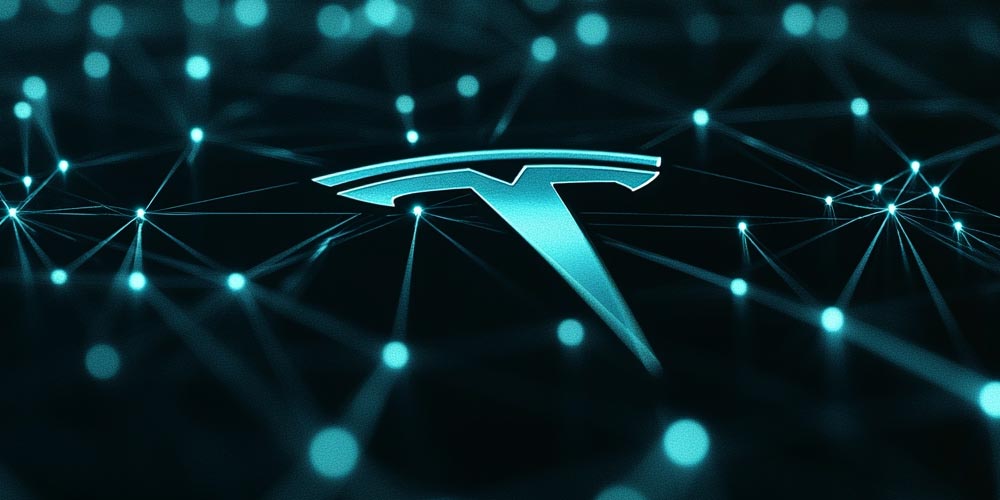In a groundbreaking move, Tesla and Samsung Electronics have entered into a massive $16.5 billion semiconductor supply agreement. The deal, confirmed by Tesla CEO Elon Musk on social media platform X, solidifies Samsung as a key supplier for Tesla’s next-generation AI chips.
A Strategic Partnership for Cutting-Edge Innovation
The formal agreement, which began on July 26, 2025, will run through December 31, 2033, according to Samsung’s regulatory filing. While the South Korean tech giant initially withheld Tesla’s name to protect trade secrets, Musk revealed that Samsung would be manufacturing Tesla’s forthcoming AI6 chip. This chip is expected to be a cornerstone of Tesla’s autonomous driving technology and other AI-driven automotive advancements.
Musk also highlighted the significance of Samsung’s new Texas semiconductor fabrication plant, which will be dedicated to Tesla’s chip production. “Samsung’s giant new Texas fab will be dedicated to making Tesla’s next-generation AI6 chip. The strategic importance of this is hard to overstate,” Musk stated.
Interestingly, Tesla’s current AI4 chip is manufactured by Samsung, whereas the AI5 chip—currently in the design phase—is being produced by Taiwan Semiconductor Manufacturing Company (TSMC).
Tesla’s Role in Manufacturing Efficiency
In an unexpected twist, Musk disclosed that Tesla would assist Samsung in optimizing manufacturing processes for these chips. “This is a critical point, as I will walk the line personally to accelerate the pace of progress,” Musk wrote. He also hinted that the deal’s value could exceed the initial $16.5 billion estimate as the partnership progresses.
Implications for Samsung and the Semiconductor Industry
Samsung’s stock surged over 6% following the announcement, reaching its highest level since September 2024. This deal positions Samsung as a crucial player in the competitive semiconductor market, particularly in the automotive sector.
Samsung has been striving to catch up with competitors like SK Hynix and Micron in high-bandwidth memory chip production, a critical component for AI applications. The company is also working to advance its 2-nanometer chip technology and secure additional major orders.
The partnership with Tesla could further bolster Samsung’s foundry business, which is currently the second largest globally after TSMC.
Challenges and Industry Context
Despite the excitement surrounding the Tesla deal, Samsung faces challenges in its semiconductor business. The company has struggled to meet growing AI demand for its memory chips and has lagged behind competitors in securing certifications from major clients like Nvidia.
Additionally, Samsung anticipates its second-quarter profits to decline significantly, reflecting weak performance in its foundry and memory businesses. Analysts suggest that the Tesla contract could provide a much-needed boost to Samsung’s semiconductor division.













